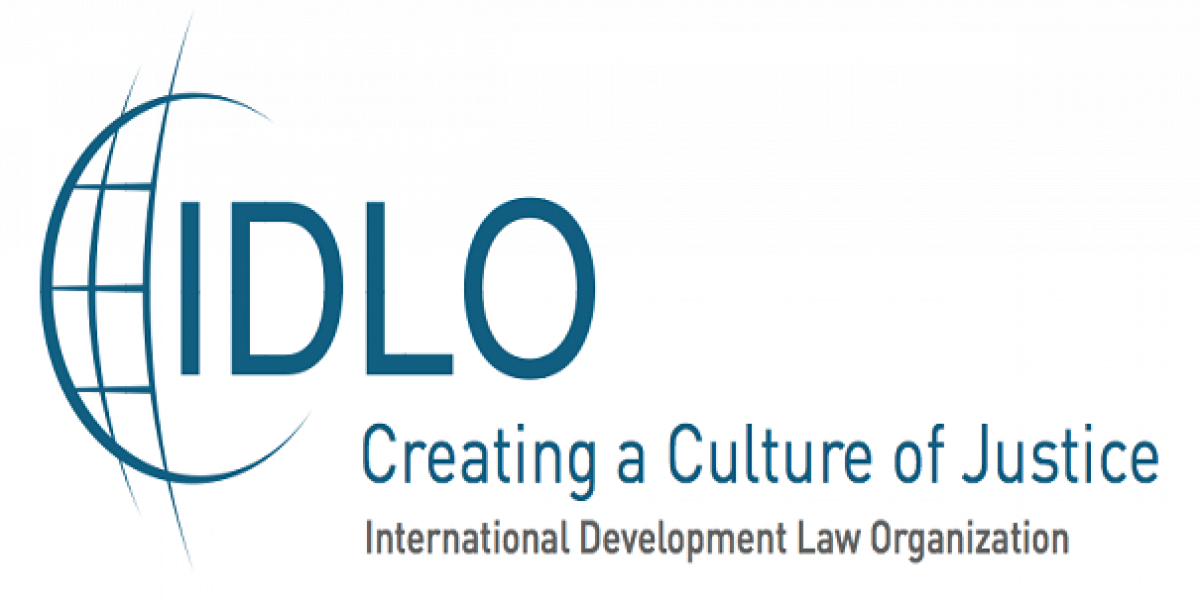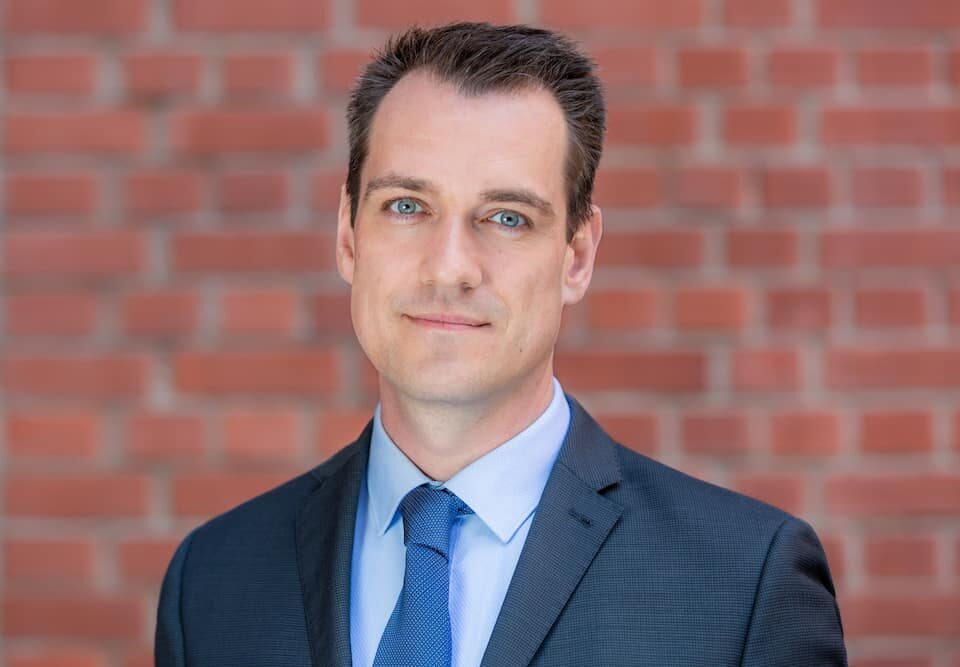Legal Education Reform (UAGO)
With the advent of democratisation and the opening up of Myanmar for international cooperation in 2011, the exchange between Myanmar and German legal experts has intensified.
Following an invitation from the Union Attorney General’s Office in June 2013, the Foundation participated in a workshop in Myanmar’s capital Naypyitaw. The workshop focused on the need for a thorough reform of legal education in the country. The Foundation chaired a working group of Burmese and international legal experts, which explored the legal skills necessary for future law officers of different ranks. The United Nations Development Program (UNDP) coordinated the workshop.
The results of the workshop revealed the existence of structural challenges in the legal education system and the lack of adequate local expertise to overcome these challenges. Many law graduates completed their education through a correspondence learning system from home, and not on campus in continuous exchange with legal academics. The academic languages are English, which students can read but hardly speak, and Burmese. This language policy is a relic of British colonial era.
With a view to assist in resolving some of the problems in legal education and address the expertise gap, the Foundation is developing concepts for the educational reform at the UAGO. An important subject are fair trial standards.
In November 2013, the Foundation in collaboration with IDLO led an interactive training session for prosecutors at the Union Attorney General’s Office (UAGO) in Naypyitaw, Myanmar in a UNDP funded training project.
The training session was organised as part of a larger training of the trainers (TOT) pilot programme. The Foundation team bridged the TOT session by running a one-week energetic fair trials training session that incorporated modern training methodologies and directed several selected Myanmar trainers in conducting fair trial training and ICCPR standards.
The Foundation’s fair trial training was the first of its kind to be carried out by at the UAGO in Myanmar.
The foundations of the legal system in Myanmar partly date back to the era of British colonial administration, such as the Criminal Law (from 1860) or the Code of Criminal Procedure (from 1898). In addition, Buddhist norms as well as – for some minorities – Islamic rules concerning personal legal status were in use. The Military Government added a socialist type of institutional system. Essential elements of the rule of law, such as the separation of powers and other constitutional standards, were widely absent. Nevertheless, following the reform process that commenced in 2011, there is noticeable desire and political will to redirect the nation towards democratic and constitutional governance. These reform initiatives are actively supported and promoted by the Union Attorney General’s Office (UAGO), which is headed by Tun Shin, an internationally experienced legal expert. The Office is of critical importance in enhancing the judicial and legal system as it is responsible not only for prosecuting crimes and for overseeing national civil and administrative law suits but also for representing the nation in international judicial processes.
Funding


Duration
1 May 2013 – 31 December 2013
Local Partners
- Union Attorney General’s Office (UAGO)
News Items
Contact

Johannes Krusemark-Camin
Email: Phone: +49 (0)6221 91404 23 (See full profile)
